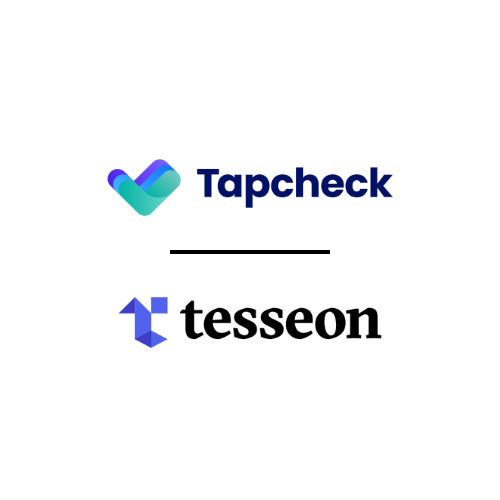Caregiver retention is only getting harder
As a healthcare leader, you already know the numbers. You're living them. The American Health Care Association says skilled nursing facilities need 250,000 more direct care workers right now. Post-acute rehab isn't much better. You've got CNAs working doubles, RNs covering two units, and your HR team practically has "perpetually hiring" sign floating above their head at this point.
You've tried everything. Sign-on bonuses that disappear after taxes. Competitive wages that help until the place down the street offers more. Better schedules, better benefits, better culture. Meanwhile, replacing an RN costs over $60,000 when you factor in recruiting, training, and lost productivity. Your other positions aren't cheap to replace either.
It's hard to find top talent
And when you do find them, keeping them is its own challenge. You're competing with hospitals, with agencies, with other facilities, with entirely different industries that are now hiring at similar wages. The people who show up, work hard, and genuinely care about your residents—those folks are gold. You know it, they know it, and so does every other employer trying to recruit them.
The reality is that a lot of your staff are living pretty close to the edge financially. Not because they're not working hard or managing poorly, but because there's not much margin for error when unexpected expenses come up. A car repair, a medical bill, something with the kids—these things happen, and they happen between paychecks.
What happens between paychecks
Your people work Monday through Friday, earn that money, but can't access it until the next pay period. So when something comes up on Wednesday, they've got limited options. Some of them pay overdraft fees.Some take out short-term loans with high interest rates. Some pick up shifts at other jobs that pay more frequently. None of these options are great for them, and they're not great for you either.
Here's the thing: you didn't create the two-week paycycle. It's just how payroll has worked for decades. But the gap between earning money and accessing it can create real stress for your staff, and that stress shows up at
work.
A straightforward solution that costs you nothing
Earned wage access is pretty simple: your staff can access wages they've already earned, when they need them. Not a loan. Not an advance on future pay. Just access to money they already worked for.
It plugs into your existing payroll system. Doesn't change your pay schedule, doesn't affect your cash flow, costs you nothing to offer. Your staff downloads an app, works their shift, and can access those wages if something comes up before payday.
How EWA helps caregiver retention
People stick around when they feel financially stable. When your CNA doesn't have to scramble to cover an unexpected expense,they're less stressed at work. When your LPN knows they can access their wages if they need to, they're not constantly worried about making it to the next paycheck. When your staff isn't juggling multiple jobs just to smooth out their cash flow, they've got more energy to bring to your facility.
This won't solve the nursing shortage—nothing short of more people entering the field will do that. But it can help you hold onto the good people you already have. And in a competitive market where every other facility is fighting for the same talent, this is one more thing that makes working for you easier.
The numbers that matter
Replacing an RN costs over $60,000. Your CNAs and LPNs aren't cheap to replace either. If earned wage access keeps even one person from leaving this year, you're ahead. And it costs you zero.
But beyond the math, there's something simpler: when you remove one source of financial stress for your staff, they show up better.They're more present, more engaged, more likely to pick up extra shifts when you need them. They're less likely to call out, less likely to be distracted, less likely to be job-hunting.
What EWA looks like in practice
You offer earned wage access as a benefit at no cost to you. Your staff downloads the app and it’s already connected to their work schedule. The nursing assistant whose car breaks down on Wednesday doesn't have to miss shifts or rack up fees trying to fix it. The LPN with a sick kid doesn't have to choose between paying for urgent care and paying rent.
They come to work less stressed. They stay longer. You spend less time and money replacing them. Your residents get better continuity of care because the same faces keep showing up. It's pretty straightforward.
What are we waiting for?
You've got enough on your plate. Staffing shortages, regulatory requirements, quality of care, budgets that don't stretch as far as they used to. You're doing everything you can to take care of your residents and take care of your staff.
This is just one tool that makes things a little easier for everyone. It doesn't cost you anything to offer, it doesn't create extra work for your HR team, and it helps your staff feel more financially secure. That's it. Not complicated, not revolutionary—just common sense.
Tapcheck provides earned wage access to healthcare organizations across the country. Your staff accesses wages they've already earned. You pay nothing.
Visit our retention guide to learn how much an EWA provider can save you in retention costs. Or, talk directly with a member of the Tapcheck team.




.png)
.png)




